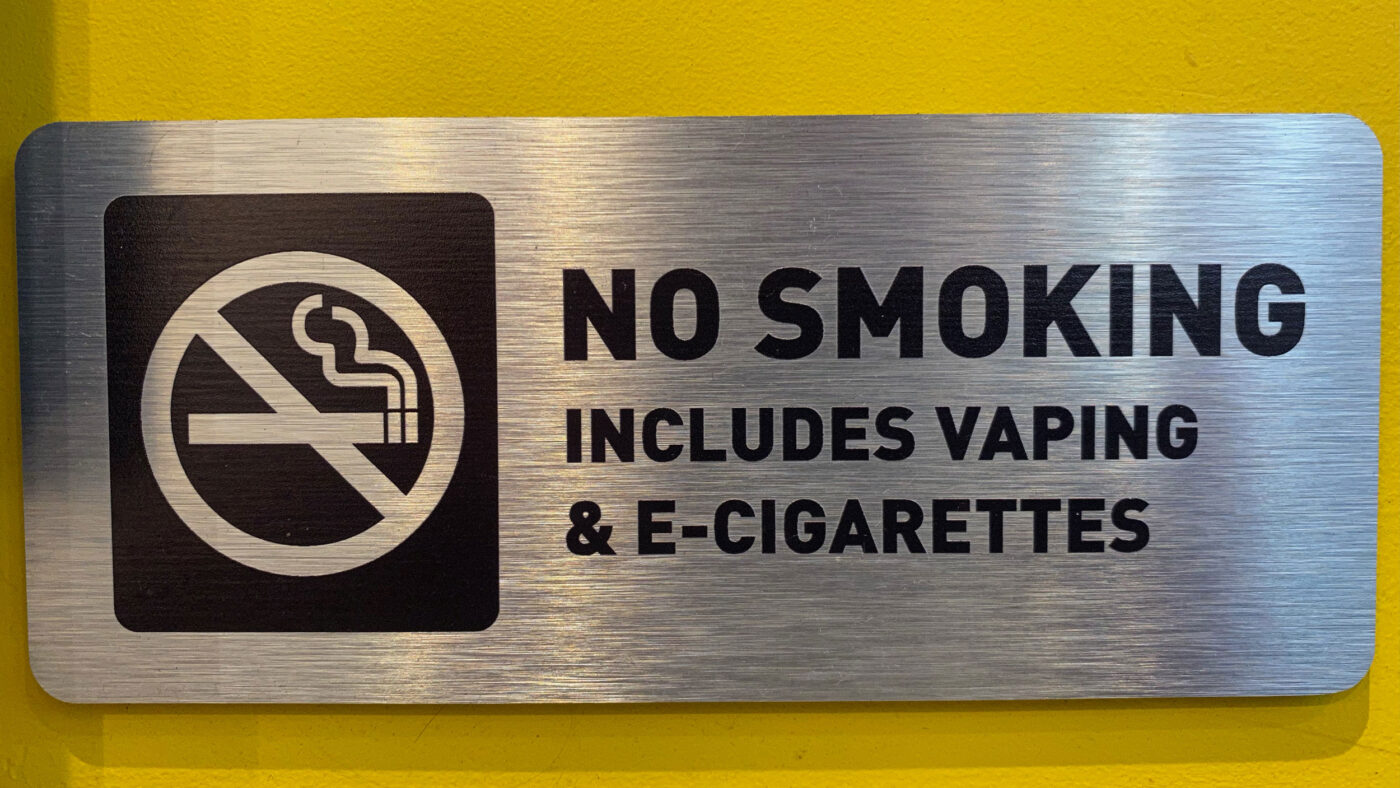Every two years, an organisation meets to govern the health of the British people. UK taxpayers fund this organisation, but are never consulted on its proposals. This organisation is run by the World Health Organisation (WHO), and is called the Framework Convention for Tobacco Control Conference of Parties.
Their latest meeting, COP10, takes place in Panama this November, where they will recommend stringent regulation and taxation of tobacco alternatives, seeking to align them with conventional cigarettes. This is an alarming encroachment on Britain’s existing public health strategy, the Swap to Stop Scheme, which helps smokers to give up by prescribing e-cigarettes. While the strategy is not perfect – for example it is still not available to all smokers, and it does not include nicotine pouches and heated tobacco as options – it is still a world-leading step to smoke free status. But the proposed ‘one size fits all’ approach to regulating tobacco and non-combustible nicotine products will fatally undermine it and – given that switching is the most effective way of stopping – put public health at risk.
A number of research studies underscore the economic and health savings associated with switching from smoking to vaping. Similarly, the Center for Economics and Business Research has outlined the links between vaping uptake and productivity growth, reflecting not just personal health benefits but broader societal gains.
The potential for black market growth due to over-regulation and excessive taxation cannot be overstated. One in five cigarettes are sold under the counter, resulting in a cumulative loss to the exchequer of £205.6bn since 2005 – money that goes to criminals and external actors. This will be further exacerbated by the WHO’s plans, which will lead to the expansion of unregulated markets, exposing British consumers to unsafe and untested products.
Fundamentally, over-regulation in the name of public health can end up harming those it intends to protect. The right approach to public health is to enable people to make healthier choices, rather than curtailing their freedoms. Policies should be informed by data and focused on reducing harm, rather than demanding absolute compliance.
The UK would do far better to follow Sweden’s example. It is the only country in the world to have achieved smoke free status, with less than 5% of the adult population smoking. This can be directly related to the fact that Sweden is exempt from the EU’s ban on snus, a popular tobacco alternative that have reduced cigarette consumption and led to lower levels of lung and pulmonary diseases.
In the quest for a smoke-free society, nicotine alternative products like e-cigarettes, nicotine pouches, and heated tobacco must be recognised for their role in helping smokers quit.
The COP10 recommendations risk impeding progress in public health by adopting a blanket approach to tobacco and nicotine regulation. Effective public health policy should empower individual choice and recognise the varying risks and benefits of different products, rather than pushing back to more harmful products through restrictive policies. Emphasising harm reduction, providing accurate information, and supporting personal autonomy are not just liberal values but essential components of a sound public health strategy.
Click here to subscribe to our daily briefing – the best pieces from CapX and across the web.
CapX depends on the generosity of its readers. If you value what we do, please consider making a donation.


